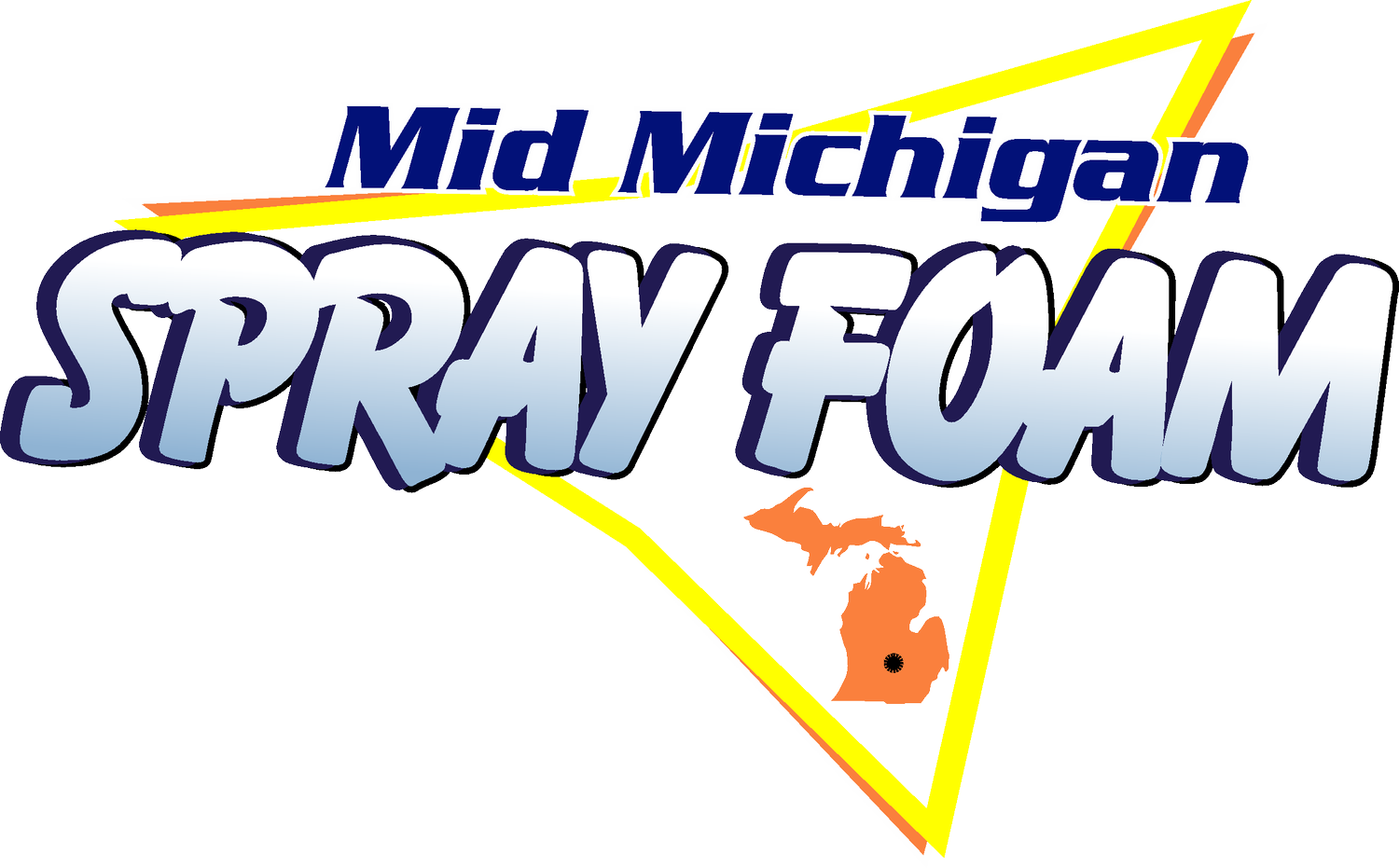Closed-Cell Spray Foam in Lansing MI Barns
Mid-Michigan agriculture never pauses. In March, bitter winds sweep off the Great Lakes; in August, soybean fields simmer above 90 °F; and in October, damp fog creeps through every crack of an aging roof. We insulate dozens of working barns each season, and nothing outperforms closed‑cell spray foam in Lansing MI barns. When we arrive, most buildings still wear the original corrugated tin from the 1960s. Heat lamps under metal ridges create a constant drip that rusts gates and spoils square bales.
Our first step is surface prep: power‑wash the panels, verify moisture below 15 percent, then mask lighting fixtures so foam bonds perfectly. A two‑inch application delivers roughly R‑12 plus an air seal, which slashes infiltration often responsible for 40 percent of heating loss.
We run a thermal camera before and after and share those images with owners, so results are crystal clear. One turkey producer in Dewitt saw roof hot‑spots disappear the same afternoon. That visual proof makes the investment tangible.
Moisture Control Plus Energy Savings
Condensation is Public Enemy 1 inside a livestock barn. Warm interior air reaches the chilly roof and the water it carries becomes droplets. Closed‑cell foam forms a built‑in vapor barrier so that clash never happens. The EPA notes that polyurethane insulation prevents both air leakage and vapor diffusion in a single layer: read why here. With the shell sealed, heaters cycle less frequently, yet winter temperature swings shrink from 15 °F to under 3 °F.
Our crew also hears applause for the rigidity foam adds to a variety of ag structures. That structural bonus protects doors, trims squeaks and extends siding life. Because foam expands into nail holes, it blocks the avenues mice follow, so you can store grain without worrying about chewed bags.
Spray foam in Lansing MI barns works equally well for horticulture. Seedlings demand tight temperature and humidity control. Growers near Dewitt report gentler heat pulses and no fungal blooms on trays after we insulate germination rooms. They appreciate that our material is inert and free of fibrous particles that might contaminate delicate crops.
Cost, Warranty and Code Compliance
Most agricultural projects price between $1.20 and $1.50 per board foot installed, which includes surface prep, foam, and a protective ignition‑barrier coating where required under Michigan Farm Building Code. Since closed‑cell meets Class 1 fire requirements, insurers often offer premium discounts; ask your agent.
Protect Your Livestock with Top Quality Barn Insulation
Ready to protect livestock, crops and equipment? Visit the Mid‑Michigan Spray Foam website or jump straight to our quick quote form. We serve Lansing, East Lansing, Dewitt and every rural route in Ingham and Clinton County.
